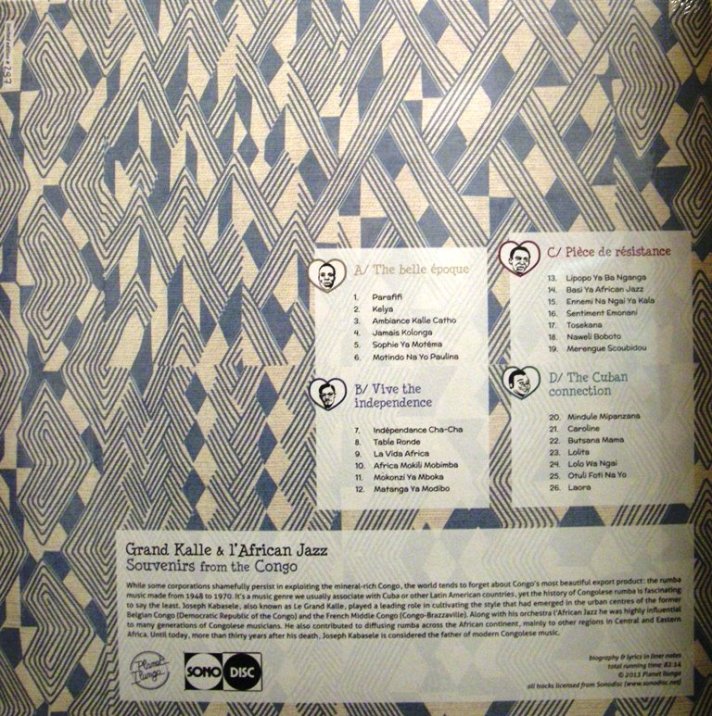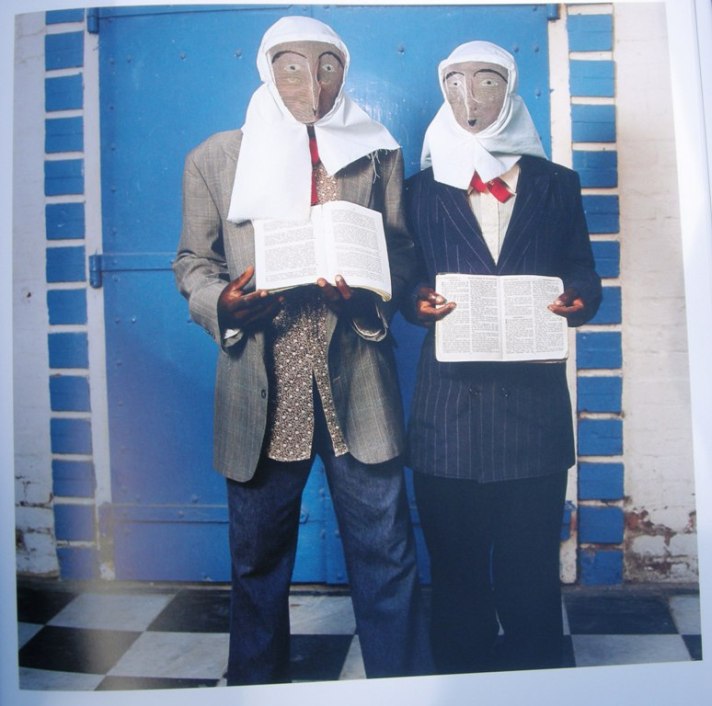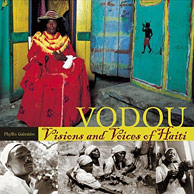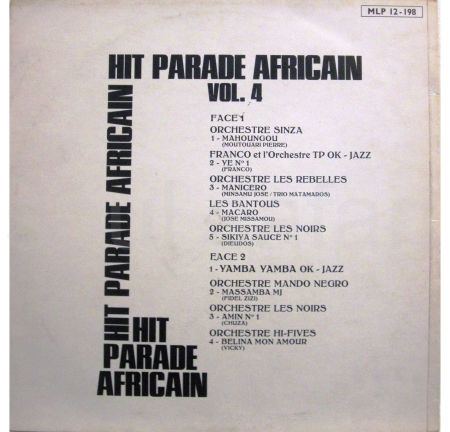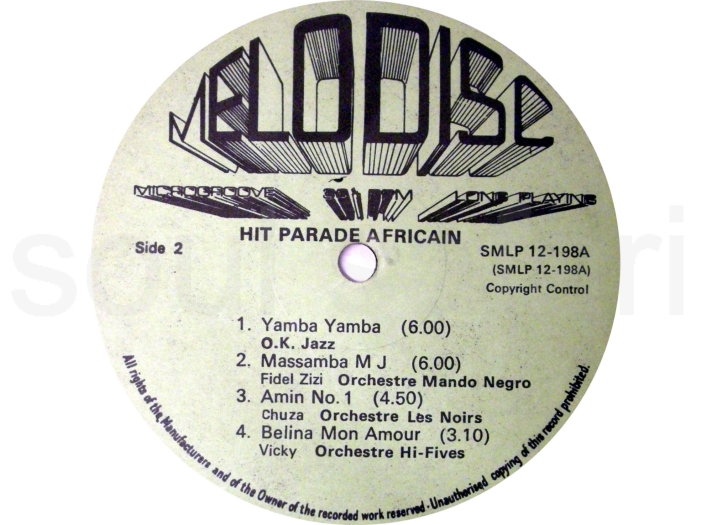 made with love…lots of research and discovering great long lost Congolese music. That is the first impression of this new release by the Belgian label Planet Ilunga. This exciting young label wants to contribute to restore the rich Congolese music archive, firstly through high quality vinyl issues and extensive booklets.
made with love…lots of research and discovering great long lost Congolese music. That is the first impression of this new release by the Belgian label Planet Ilunga. This exciting young label wants to contribute to restore the rich Congolese music archive, firstly through high quality vinyl issues and extensive booklets.
O.K. Jazz The Loningisa Years 1956-1961
∞∞∞ Release date: 1 February 2017 ∞∞∞

After the two earlier releases on Planet Ilunga, focusing on the orchestras African Jazz and Rock-a-Mambo, it makes perfect sense that a third album should explore the treasures of that other major school of popular Congolese music. With this new compilation Planet Ilunga goes back to the very early days of O.K. Jazz, founded in 1956 in Léopoldville and disbanded in 1993. During the late fifties O.K. Jazz was the home of outstanding musicians such as Franco, Vicky, De La Lune, Edo Nganga, Dessoin, Kouka Celestin, Isaac, Brazzos, Mujos and many others. Together they created an unique and hair-raising take on rumba, cha-cha-cha, calypso, merengue and the band’s favourite rhythm: the bolero
Tscha-Tscha Del Zombo
From June 1956 to August 1961 the band recorded 320 tracks for the 78 rpm music label Loningisa. Despite earlier efforts from labels such as Crammed Disc, RetroAfric and African (thank you!), there is still a large part of the Loningisa back catalogue that remains hidden from the public. That’s why Planet Ilunga associated with Yves Luambo Emongo (son of Franco) and Julien Rocky Longomba (son of Vicky) and compiled 32 O.K. Jazz songs that were recorded between 1956 and 1961.
Na Kobala Mimi
All songs on this compilation were originally released on 78 rpm records on the Loningisa label and most of the selected tracks were never reproduced after their original release. I tried to construct a tracklist consisting of different composers and different genres to show the diversity of this great band. Planet Ilunga collaborated for this release with a few 78 rpm collectors. I would once again like to thank them for sharing their rare records.
Mousica Tellama
Vinyl-only release
* 2LP vinyl: 32 tracks (total running time: 93:25): tracklist, see Discogs
* Comes with a 40-page booklet (in English) with lyrics in Lingala, lots of pictures and a closer look to this terrific band
* Full artwork gatefold album cover by Miadana Aurélia
* 180 gram vinyl
* Restored and remastered tracks
* Limited and numbered to 500 copies
* Worldwide distribution through carefully selected vinyl shops
* First orders receive a limited O.K. Jazz concert poster, made by Muzikifan, only 75 made
Mbongo Na Ngai Judas
Acknowledgements
Compiled with the precious help of Stefan Werdekker from the music plaform Worldservice and Flemmming Harrev from afrodisc.com.
Special thanks to Julien Rocky Longomba and Yves Luambo Emongo, respectively sons of Victor Longomba (aka Vicky, tenor voice in O.K. Jazz) and François Luambo Makiadi (aka Franco, guitarist in O.K. Jazz).Thanks to the 78 rpm collectors Christian Van den Broeck and David Manet. Thanks to Alastair Johnston from the Muzikifan website who made the poster and revised the booklet. Melesi mingi Christian Ongoba & Henriette Alipaye for the transciption of the songs in in Lingala.
Order info
Shops and distributors that would like to distribute this release, please contact Planet Ilunga for wholesale details. Readers can already pre-order a copy of this release by sending an email at planetilunga@gmail.com or going to the shop page on the Planet Ilunga blog. For those who don’t have the second Planet Ilunga release (Rock-A-Mambo/African Jazz – Souvenirs From Esengo 1957-1961) yet, feel free to ask for a copy. A few copies are still available. The first release (Souvenirs from the Congo) is completely sold out.
Links to order:
https://planetilunga.wordpress.com/shop/
http://www.rushhour.nl/store_detailed.php?item=94528
http://www.juno.co.uk/products/ok-jazz-the-loningisa-years-1956-1961/638131-01/

More info on the label
Planet Ilunga specializes in archiving, documenting and sharing the “Rumba Lingala” sound from the fifties and sixties from both the Congos. In the following years, Planet Ilunga wants to contribute to restore the rich Congolese music archive, in the first place through high quality vinyl issues and extensive booklets. Your sharing of this mailing, video or info to fellow (Congolese) music lovers would be very welcome.










